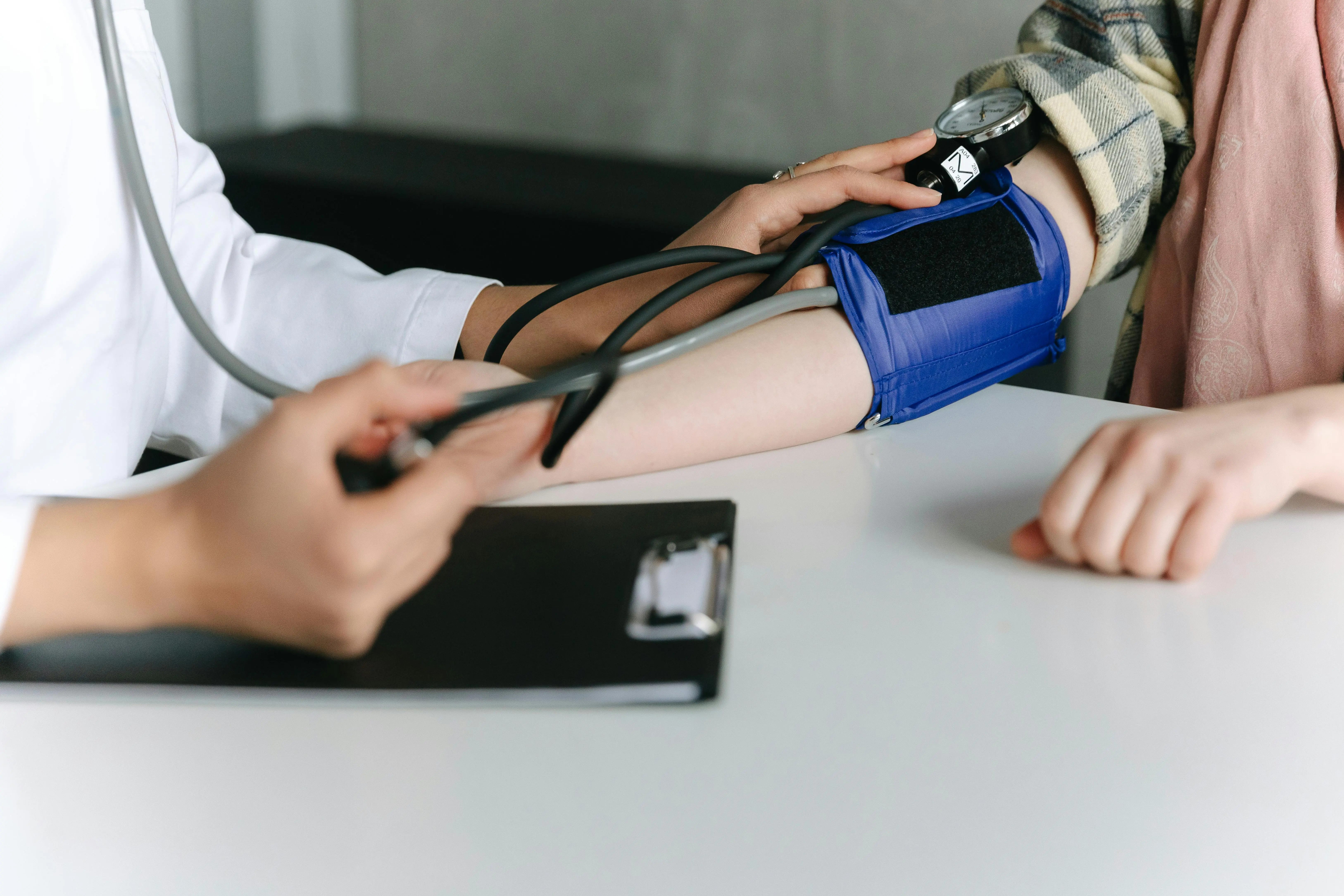All about calcium
July 16, 2025

Disclaimer: Human Health is not recommending any specific medical treatment for any particular symptom, nor providing any other medical advice. Always seek the advice of your doctor regarding any medical concern.
What is calcium and why do we need it?
Calcium is a mineral that our bodies need to function properly. It’s a necessary structural component of bones and teeth. It is also essential for various processes in a number of body systems, including muscle function, blood clotting, nerve signalling, and hormone secretion.
Without calcium, bone strength decreases, which may lead to bone diseases like rickets and osteoporosis. With weaker bones, the risk of falls and broken bones increases.
The recommended daily intake of calcium, which is about 700mg, should be attainable with a balanced diet.
What are the best sources of calcium?
Dairy products such as cheese, milk, and yogurt are foods that are rich in calcium.
Vegetables including collard greens, broccoli, and kale also contain calcium, as well as canned seafood products such as salmon, sardines and shrimp, particularly those with bones.
Although grain products like bread and cereals aren’t particularly high in calcium, eating them regularly can help maintain adequate calcium levels.
Dietary supplements containing calcium can be found at drugstores. Calcium carbonate and calcium citrate are common forms available. Some people experience side effects with calcium supplements, particularly gastrointestinal symptoms such as constipation and bloating.
Who is likely to be calcium deficient?
People who don’t eat enough dairy products, or people who are lactose intolerant, are more likely to have lower calcium levels because much of our calcium intake is dependent on dairy intake.
After menopause, calcium absorption and the ability to retain calcium in the body decreases, due to changes in the level a hormone called estrogen.
Tips for taking calcium
Vitamin D promotes the absorption of calcium in the gut, so taking calcium with foods rich in vitamin D such as dairy products, fatty fish or fish oils may help to improve calcium levels.
Absorption of calcium supplements is usually increased when they’re taken with food.
Some people might find it hard to remember if they've taken their vitamins every day. The free Human Health app can send you notifications when it's time to take your calcium, and helps you keep track of which days you've remembered and if there were any days you've missed. You can also use the app to keep a record of how any symptoms you may be experiencing are impacting you.
Beyond reminders, the Human Health app also lets you use a supplement tracker to record your daily calcium intake and track how it impacts your energy, digestion, or bone health over time.
Click here to download Human Health.
Resources
- National Institutes of Health. Office of Dietary Supplements. Calcium Fact Sheet for Health Professionals. Available at: https://ods.od.nih.gov/factsheets/Calcium-HealthProfessional/
- Harvard Health Publishing, Harvard Medical School. How much calcium do you really need? Available at: https://www.health.harvard.edu/staying-healthy/how-much-calcium-do-you-really-need
This is a div block with a Webflow interaction that will be triggered when the heading is in the view.










.jpg)





.png)

